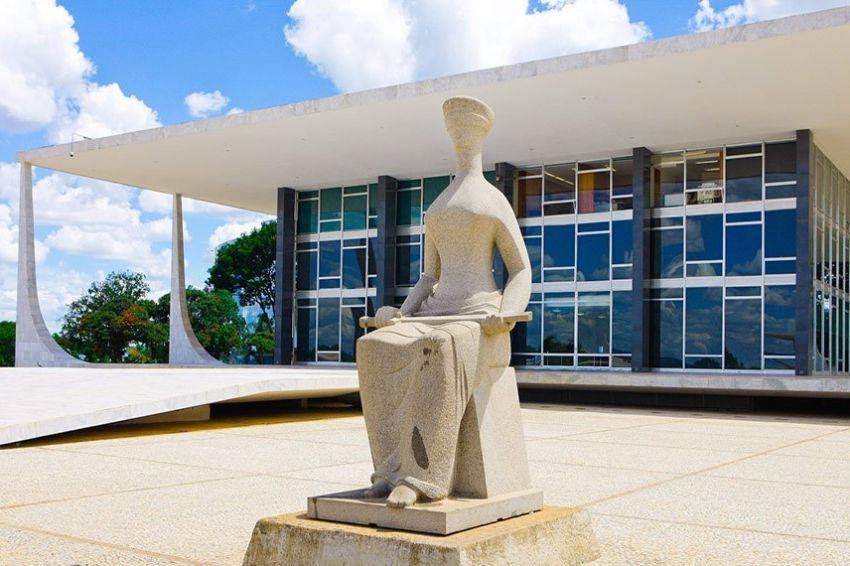In an extraordinary virtual session concluded this Wednesday (14), the Plenary of STF (Supreme Federal Court), unanimously, approved an agreement signed between the states, the Federal District and the Union About the ICMS on fuels.
According to the approved term, the Union will forward to the National Congress proposals for legislative improvement of the Complementary Law 194/2022, which now considers essential goods and services related to fuel, electricity, telecommunications and transport, and Complementary Law 192/2022, which standardized ICMS rates on fuels across the country.
According to the minister Gilmar Mendes, rapporteur of actions at the Supreme Court on the limitation of taxes and the adoption of a single tax rate by the states, thanks to the efforts of all participants in the commission, it was possible to improve a model of rapprochement, negotiation and conflict resolution between federal, state and district levels.
“The Brazilian federation is strengthened and now has another example of institutional cooperation between its member entities, regardless of color and political party aspects”, he emphasized.
Electricity
The commission decided to establish a working group to discuss, among other points, the incidence of ICMS on tariffs for the use of the electrical energy transmission system (TUST) and electrical distribution systems (TUSD) and the criteria for determining the loss of ICMS collection.
Essentiality
The special commission created by Mendes within the scope of the Direct Action of Unconstitutionality (ADI) 7191 and the Allegation of Non-Compliance with Fundamental Precepts (ADPF) 984 reached the terms of the agreement in a meeting held on 5/12.
Among the points agreed is the maintenance of the essentiality of diesel, natural gas and cooking gas (LPG). Therefore, the rate for these items cannot be higher than the general tax rate. There was no consensus on the essentiality of gasoline.
Health insurance
State representatives also agreed to conclude, within 30 days, an agreement within the scope of the National Council for Financial Policy to provide uniform treatment to taxes on fuels, with the exception of gasoline.
Renounce
To provide legal certainty to ICMS taxpayers on fuels, the states and the DF expressly renounced the possibility of charging differences not paid by taxpayers, due to the non-compliance artificially created by the average of the last 60 months.
To the same extent, the STF stated that they cannot be forced to refund any amounts charged in excess, from the beginning of the effects of the legal measure until December 31, 2022.
homologation
In his vote, minister Gilmar Mendes proposed the approval of the agreement by the Court and its forwarding to the Federal Court of Auditors and to the presidents of the Chamber and the Federal Senate for the necessary procedures regarding legislative improvement, without prejudice to the agreed administrative measures are forwarded to the competent bodies or amended.
Legal security
According to the decision, the political-legal agreement made in the case, endorsed by the federative entities and approved by the Supreme Court, is effective for everyone and has a binding effect. The objective is to provide legal certainty to all public agents involved in the consensus building process and to taxpayers in general.
The rapporteur also highlighted that the STF will monitor compliance with the terms of the agreement, including with a view to the future creation of the working group by the federative entities themselves.
Source: STF

















